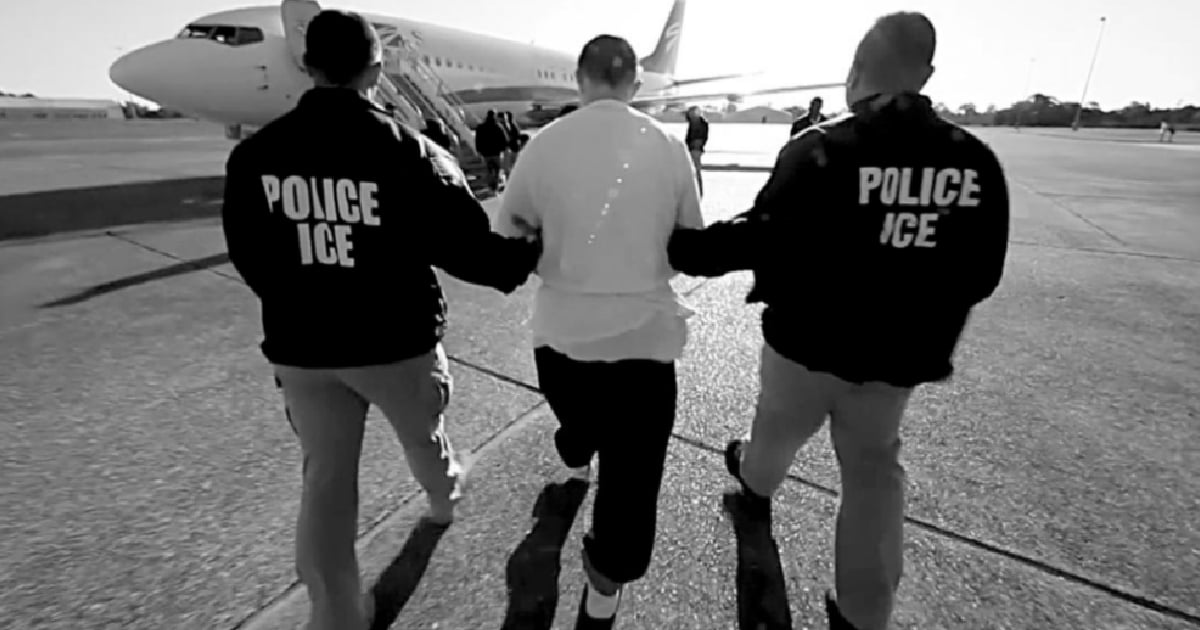According to internal data from ICE obtained by Fox News, more than 42,000 Cubans have received deportation orders in the United States, yet the Cuban regime refuses to take them back. These figures illustrate the nationalities of over 1.4 million illegal immigrants in the U.S. who have been ordered to leave by an immigration judge from the Department of Justice but remain in the country without being in ICE custody.
The number of Cubans facing deportation stands at 42,084, ranking just behind El Salvador (203,822), Honduras (261,651), Guatemala (253,413), and Mexico (252,044). Other nations with significant numbers of migrants facing deportation include China (37,908), Haiti (32,363), Venezuela (22,749), and Brazil (38,677).
Bill Melugin, a journalist from Fox News, notes that the majority of the over 1.4 million illegal immigrants with deportation orders originate from Northern Triangle countries, which are easier to deport. He suggests that Mexico is likely to be a starting point for massive deportations by the Trump administration, particularly targeting violent criminals and public safety threats.
Melugin also emphasizes that ICE data provides an official list of "recalcitrant" countries that refuse to accept their deported citizens back and do not cooperate with the United States. Among these are Cuba, Bhutan, Myanmar, the Democratic Republic of Congo, Eritrea, Ethiopia, Hong Kong, India, Iran, Laos, Pakistan, China, Russia, Somalia, and Venezuela.
The data reveals that by the end of November, the number of illegal immigrants on ICE's non-detained list with final deportation orders reached 1,455,549.
Understanding Deportation Challenges with Cuba
Why does the Cuban regime refuse to accept deported citizens?
The Cuban regime's refusal to accept deported citizens is part of its longstanding policy of non-cooperation with the United States on immigration issues. This stance complicates diplomatic relations and affects the ability of the U.S. to enforce deportation orders.
How does this issue affect U.S. immigration policy?
The refusal of Cuba and other countries to cooperate in accepting deported citizens poses a significant challenge for U.S. immigration policy, as it hinders the enforcement of deportation orders and contributes to the backlog of cases in the immigration system.
